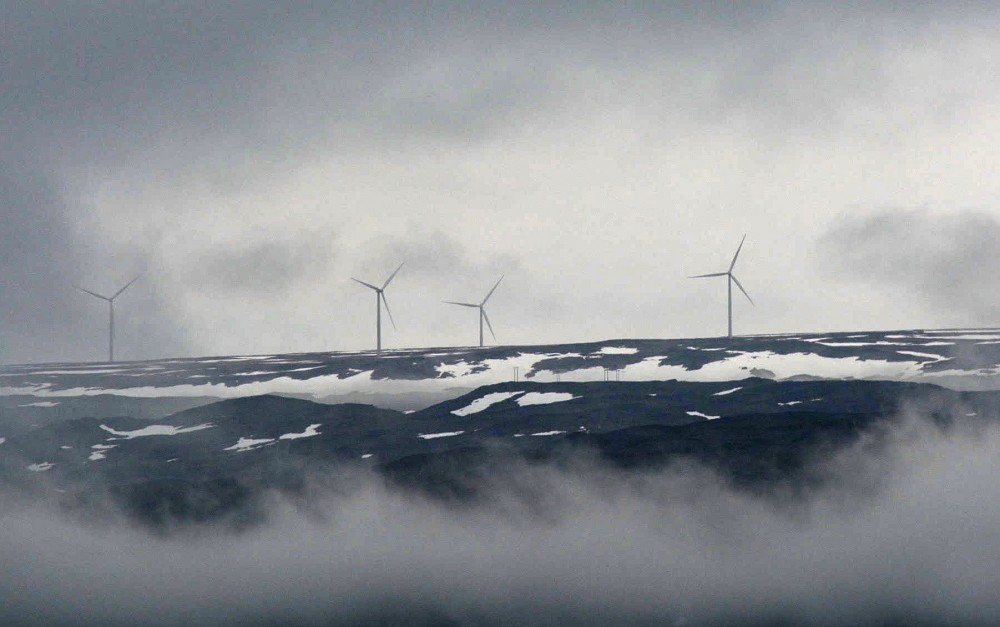Russian renewable energy soon without foreign partners

Finnish energy company Fortum is exiting Russia. The same could soon be the case with Enel and other western power generators.
“In addition to the previously announced investment and financing freeze in our Russian subsidiaries, we have decided to pursue a controlled exit from the Russian market,” Fortum’s President and CEO Markus Rauramo informed in an interim report published in early May.
The company subsequently started to sell its stakes in Russia and announced a halt in the use of the Fortum brand in the country.
According to Russian newspaper Kommersant, the Fortum assets are to be sold by 1st of July this year. Among the interested bidders are Inter RAO, SUEK and companies affiliated with Gazprom.
Since it entered the Russian market in 2008, Fortum has developed into one of the most successful power generators in Russia. It today owns and operates seven Russian thermal power plants. In addition comes the thermal power stations run by its subsidiary company Uniper.
Fortum also runs a wind power plant, as well as three solar power farms.
Will renewable interest continue?
In addition comes a 29 percent stake in TGC-1, the company that operates a number of hydropower plants in Northwest Russia. That includes the hydropower stations in Murmansk Oblast and Karelia.
It is the renewable energy sector that over the past years has been Fortum’s main priority in Russia. By the start of 2022, the company had a portfolio of renewable energy assets with 1,2 GW capacity. In addition came projects under development with an additional 1,9 GW capacity.
That made it the biggest player in Russia in the field of renewable energy, the company informs.
It is unclear whether the Russian buyers of Fortum’s assets will pursue a similar interest in renewables.
Fortum is not the only western investor in Russian renewables that now exits Russia. Among the other companies that are likely to leave the country is Enel.
In a statement, CEO Francesco Starace made clear that the Italian utility will exit its Russia operations in a “matter of months.”
“We see growth in Russia in renewables but under these present circumstances I think it’s unpalatable and impossible. So, with regret, I think we have to fold,” he told Bloomberg.
Shift to Russian operator
It is unclear whether the Italian company will do a full or only partly exit from Russia. There was by mid June no information about the plans on the company’s websites, neither the mother company nor the Russian subsidiary.
A full exit will mean that the company’s new wind power project in the Kola Peninsula will shift hands to a Russian operator.
The Kolskaya Wind Farm will be one of Russia’s biggest, and the first in the country’s Arctic, when it starts production presumably in the course of 2022.
It is located on the stormy stretches northeast of Murmansk City and will be able to produce up to 750 GWh per year.
Related stories from around the North:
Canada: “Our climate is changing before our eyes,” says WMO upon release of new report, Eye on the Arctic
Finland: The world could transition entirely to cheap, safe renewable energy before 2050: Finnish study, Yle News
Greenland: Melting of Greenland glacier generating its own heat and accelerating thaw from base, says study, Eye on the Arctic
Norway: Will the green transition be the new economic motor in the Arctic?, Eye on the Arctic
Sweden: Decision-makers must close 50-year ‘action gap’ on climate, says report, Eye on the Arctic
United States: Biden closes half of NPR-A acreage in Arctic Alaska to oil drilling, Alaska Public Media



